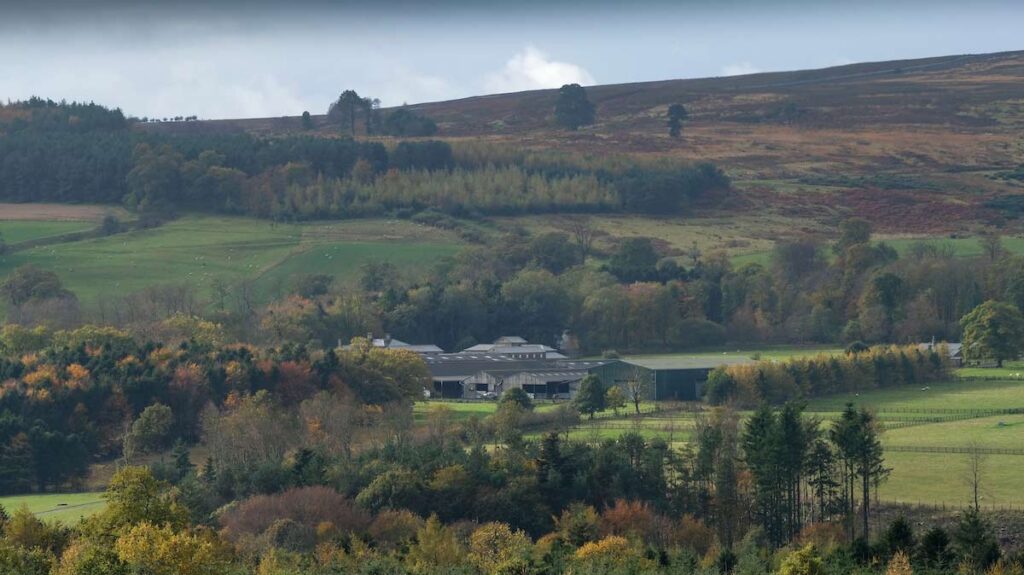Government urged to reform payment schemes for upland farms
 © Tim Scrivener
© Tim Scrivener The independent Green Alliance think tank has called on the government to reform payment schemes to provide more support for smaller grazing and upland farms.
The group argues that the Environment Land Management (ELM) scheme is proving to be unfair and inefficient, with larger arable farms benefiting more than smaller upland farms.
Green Alliance wants the government to increase payments for tree planting and restoring peatland, and also suggests increasing carbon sequestration payments.
See also: Upland sheep farmers in Lake District fear for future
Its Farming for the Future report found that all farms in England had the potential to be profitable by providing public goods, producing food or a combination of the two, provided the public goods were fairly rewarded through ELM.
Lydia Collas, senior policy analyst at Green Alliance, said: “After quite a bit of progress since 2016, we could now be left with a scheme that neither restores nature nor supports family farms.
“We need to act to avoid a system which ends up directing most of the money to the wealthiest farms – the reason ministers have criticised the old EU scheme.
“If the government targeted public money towards nature restoration on smaller farms on more marginal land, tackling climate change and restoring nature would cost the taxpayer less and have a lower impact on producing food.
“We could move to a greener system while helping hard-working upland farmers stay afloat.”
However, Defra has dismissed the Green Alliance’s claims as inaccurate.
A Defra spokesperson said: “Our programme is designed to work across all farm business to fund the widespread, large-scale change we need to meet our challenging legally binding targets.
“The options within our Sustainable Farming Initiative (SFI) are essential to improving water quality, restoring nature across the farmed landscape, decarbonising agriculture, and building resilience to a changing climate.
“The number of applications received, and agreements offered for this year’s offer is significantly more than the uptake at the same stage of rollout last year – with hundreds of farmers applying every week for our improved and simplified SFI offer.”
NFU modelling
The NFU has also been carrying out modelling looking at support schemes in the uplands, which is due to be released next week.
It has used upland farms as case studies to determine whether the maximum theoretical SFI and Countryside Stewardship earnings would cover the loss of the Basic Payment Scheme and agri-environment schemes.
